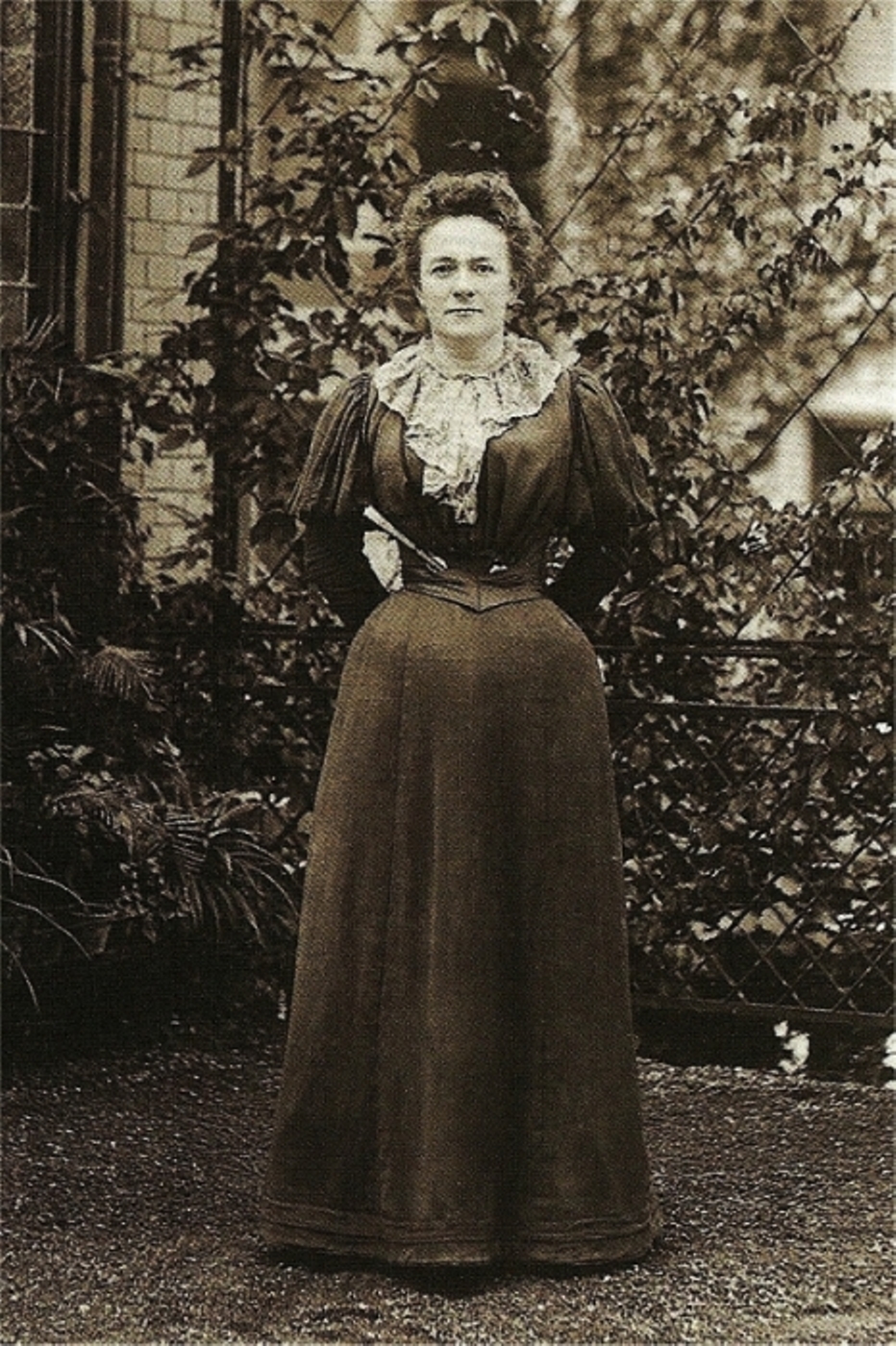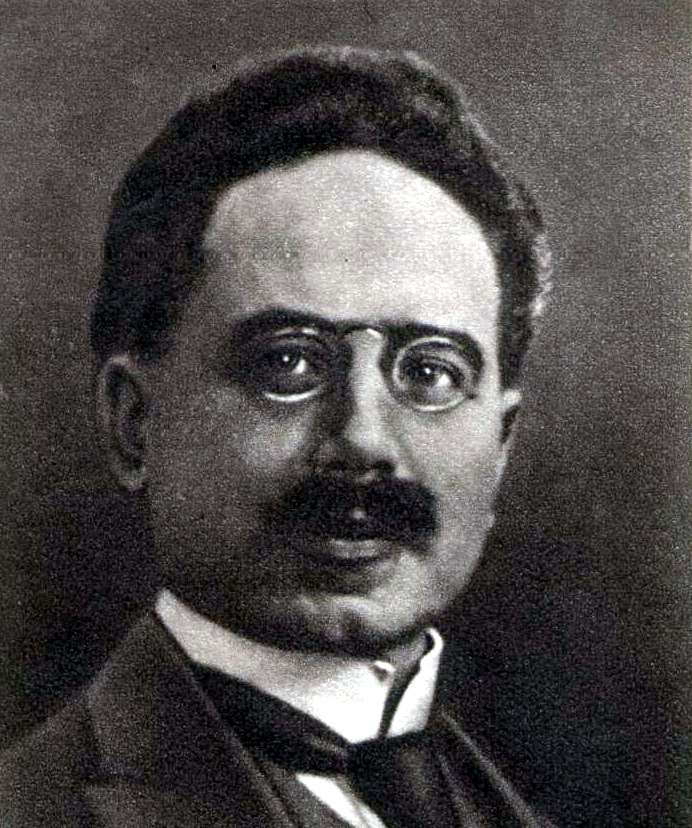|
Lisa Ullrich
Lisa Ullrich (12 August 1900 – 5 June 1986) was a German activist and politician (KPD, SED). She was elected to the national parliament (''Reichstag'') in July 1932, remaining a member till March 1933, after the Nazi take-over. Life Provenance and early years Elisabeth "Lisa" Ullrich was born in Odessa. Her father was a print worker. After the city's foundation in 1792 many thousands of ethnic Germans settled in Odessa, notably during the first decade of the nineteenth century, in order to escape the impact of the Napoleonic Wars. However, Lisa Ullrich's parents had arrived, much more recently, from Austria. The family moved to Riga in 1911 where Lisa, still only 11, found work in a textiles and garments factory while her younger brother attended the local elementary school. At the end of July 1914 war broke out between Germany and Russia (along with their respective allies) and in 1915 the family were expelled from Russia, ending up in Berlin where her ... [...More Info...] [...Related Items...] OR: [Wikipedia] [Google] [Baidu] |
Odessa
Odesa (also spelled Odessa) is the third most populous city and municipality in Ukraine and a major seaport and transport hub located in the south-west of the country, on the northwestern shore of the Black Sea. The city is also the administrative centre of the Odesa Raion and Odesa Oblast, as well as a multiethnic cultural centre. As of January 2021 Odesa's population was approximately In classical antiquity a large Greek settlement existed at its location. The first chronicle mention of the Slavic settlement-port of Kotsiubijiv, which was part of the Grand Duchy of Lithuania, dates back to 1415, when a ship was sent from here to Constantinople by sea. After a period of Lithuanian Grand Duchy control, the port and its surroundings became part of the domain of the Ottomans in 1529, under the name Hacibey, and remained there until the empire's defeat in the Russo-Turkish War of 1792. In 1794, the modern city of Odesa was founded by a decree of the Russian empress Catherine t ... [...More Info...] [...Related Items...] OR: [Wikipedia] [Google] [Baidu] |
German Empire
The German Empire (),Herbert Tuttle wrote in September 1881 that the term "Reich" does not literally connote an empire as has been commonly assumed by English-speaking people. The term literally denotes an empire – particularly a hereditary empire led by an emperor, although has been used in German to denote the Roman Empire because it had a weak hereditary tradition. In the case of the German Empire, the official name was , which is properly translated as "German Empire" because the official position of head of state in the constitution of the German Empire was officially a "presidency" of a confederation of German states led by the King of Prussia who would assume "the title of German Emperor" as referring to the German people, but was not emperor of Germany as in an emperor of a state. –The German Empire" ''Harper's New Monthly Magazine''. vol. 63, issue 376, pp. 591–603; here p. 593. also referred to as Imperial Germany, the Second Reich, as well as simply Germany, ... [...More Info...] [...Related Items...] OR: [Wikipedia] [Google] [Baidu] |
Central Committee
Central committee is the common designation of a standing administrative body of Communist party, communist parties, analogous to a board of directors, of both ruling and nonruling parties of former and existing socialist states. In such party organizations, the committee would typically be made up of delegates elected at a party congress. In Communist state, those states where it constituted the state power, the central committee made decisions for the party between congresses and usually was (at least nominally) responsible for electing the politburo. In non-ruling communist parties, the central committee is usually understood by the party membership to be the ultimate decision-making authority between congresses once the process of democratic centralism has led to an agreed-upon position. Non-communist organizations are also governed by central committees, such as the right-wing Likud party in Israel, the North American Mennonite Central Committee, Mennonite Church and Alcoholic ... [...More Info...] [...Related Items...] OR: [Wikipedia] [Google] [Baidu] |
Weimar Germany
The Weimar Republic (german: link=no, Weimarer Republik ), officially named the German Reich, was the government of Germany from 1918 to 1933, during which it was a Constitutional republic, constitutional federal republic for the first time in history; hence it is also referred to, and unofficially proclaimed itself, as the German Republic (german: Deutsche Republik, link=no, label=none). The state's informal name is derived from the city of Weimar, which hosted the constituent assembly that established its government. In English, the republic was usually simply called "Germany", with "Weimar Republic" (a term introduced by Adolf Hitler in 1929) not commonly used until the 1930s. Following the devastation of the First World War (1914–1918), Germany was exhausted and sued for peace in desperate circumstances. Awareness of imminent defeat sparked a German Revolution of 1918–1919, revolution, the Abdication of Wilhelm II, abdication of Kaiser Wilhelm II, formal surrender Allie ... [...More Info...] [...Related Items...] OR: [Wikipedia] [Google] [Baidu] |
Clara Zetkin
Clara Zetkin (; ; ''née'' Eißner ; 5 July 1857 – 20 June 1933) was a German Marxist theorist, communist activist, and advocate for women's rights. Until 1917, she was active in the Social Democratic Party of Germany. She then joined the Independent Social Democratic Party of Germany (USPD) and its far-left wing, the Spartacist League. This later became the Communist Party of Germany (KPD), which she represented in the Reichstag during the Weimar Republic from 1920 to 1933. Biography Background and education Clara Josephine Eißner (Eissner) was born the eldest of three children in , a peasant village in Saxony, now part of the municipality Königshain-Wiederau. Her father, Gottfried Eissner, was a schoolmaster, church organist and a devout Protestant, while her mother, Josephine Vitale, had French roots, came from a middle-class family from Leipzig and was highly educated. In 1872, her family moved to Leipzig, where she was educated at the Leipzig Teachers’ Co ... [...More Info...] [...Related Items...] OR: [Wikipedia] [Google] [Baidu] |
Moscow
Moscow ( , US chiefly ; rus, links=no, Москва, r=Moskva, p=mɐskˈva, a=Москва.ogg) is the capital and largest city of Russia. The city stands on the Moskva River in Central Russia, with a population estimated at 13.0 million residents within the city limits, over 17 million residents in the urban area, and over 21.5 million residents in the metropolitan area. The city covers an area of , while the urban area covers , and the metropolitan area covers over . Moscow is among the world's largest cities; being the most populous city entirely in Europe, the largest urban and metropolitan area in Europe, and the largest city by land area on the European continent. First documented in 1147, Moscow grew to become a prosperous and powerful city that served as the capital of the Grand Duchy that bears its name. When the Grand Duchy of Moscow evolved into the Tsardom of Russia, Moscow remained the political and economic center for most of the Tsardom's history. When th ... [...More Info...] [...Related Items...] OR: [Wikipedia] [Google] [Baidu] |
Communist International
The Communist International (Comintern), also known as the Third International, was a Soviet-controlled international organization founded in 1919 that advocated world communism. The Comintern resolved at its Second Congress to "struggle by all available means, including armed force, for the overthrow of the international bourgeoisie and the creation of an international Soviet republic as a transition stage to the complete abolition of the state". The Comintern was preceded by the 1916 dissolution of the Second International. The Comintern held seven World Congresses in Moscow between 1919 and 1935. During that period, it also conducted thirteen Enlarged Plenums of its governing Executive Committee, which had much the same function as the somewhat larger and more grandiose Congresses. Joseph Stalin, leader of the Soviet Union, dissolved the Comintern in 1943 to avoid antagonizing his allies in the later years of World War II, the United States and the United Kingdom. It was ... [...More Info...] [...Related Items...] OR: [Wikipedia] [Google] [Baidu] |
1925–1935
Nineteen or 19 may refer to: * 19 (number), the natural number following 18 and preceding 20 * one of the years 19 BC, AD 19, 1919, 2019 Films * ''19'' (film), a 2001 Japanese film * ''Nineteen'' (film), a 1987 science fiction film Music * 19 (band), a Japanese pop music duo Albums * ''19'' (Adele album), 2008 * ''19'', a 2003 album by Alsou * ''19'', a 2006 album by Evan Yo * ''19'', a 2018 album by MHD * ''19'', one half of the double album '' 63/19'' by Kool A.D. * '' Number Nineteen'', a 1971 album by American jazz pianist Mal Waldron * ''XIX'' (EP), a 2019 EP by 1the9 Songs * "19" (song), a 1985 song by British musician Paul Hardcastle. * "Nineteen", a song by Bad4Good from the 1992 album ''Refugee A refugee, conventionally speaking, is a displaced person who has crossed national borders and who cannot or is unwilling to return home due to well-founded fear of persecution. [...More Info...] [...Related Items...] OR: [Wikipedia] [Google] [Baidu] |
Moabit
Moabit () is an inner city locality in the borough of Mitte, Berlin, Germany. As of 2016, around 77,000 people lived in Moabit. First inhabited in 1685 and incorporated into Berlin in 1861, the former industrial and working-class neighbourhood is fully surrounded by three watercourses, which define its present-day border. Between 1945 and 1990, Moabit was part of the British sector of West Berlin and directly bordered East Berlin. Until the administrative reform in 2001, Moabit was a part of the district of Tiergarten. Colloquially, the name ''Moabit'' also refers to the Central Criminal Court (''Strafgericht'') and detention centre, which deals with all criminal cases in Berlin and is based in Moabit. Name The origin of the name ''Moabit'' is disputed. According to one account, it can be traced back to the Huguenots, in the time of King Frederick William I of Prussia. These French refugees are said to have named their new residence in reference to the Biblical description ... [...More Info...] [...Related Items...] OR: [Wikipedia] [Google] [Baidu] |
German Revolution Of 1918–19
German(s) may refer to: * Germany (of or related to) ** Germania (historical use) * Germans, citizens of Germany, people of German ancestry, or native speakers of the German language ** For citizens of Germany, see also German nationality law **Germanic peoples (Roman times) * German language **any of the Germanic languages * German cuisine, traditional foods of Germany People * German (given name) * German (surname) * Germán, a Spanish name Places * German (parish), Isle of Man * German, Albania, or Gërmej * German, Bulgaria * German, Iran * German, North Macedonia * German, New York, U.S. * Agios Germanos, Greece Other uses * German (mythology), a South Slavic mythological being * Germans (band), a Canadian rock band * "German" (song), a 2019 song by No Money Enterprise * ''The German'', a 2008 short film * "The Germans", an episode of ''Fawlty Towers'' * ''The German'', a nickname for Congolese rebel André Kisase Ngandu See also * Germanic (disambiguation ... [...More Info...] [...Related Items...] OR: [Wikipedia] [Google] [Baidu] |
Independent Social Democratic Party Of Germany
The Independent Social Democratic Party of Germany (german: Unabhängige Sozialdemokratische Partei Deutschlands, USPD) was a short-lived political party in Germany during the German Empire and the Weimar Republic. The organization was established in 1917 as the result of a split of anti-war members of the Social Democratic Party of Germany (SPD), from the left of the party as well as the centre and the right. The organization attempted to chart a course between electorally oriented reformism on the one hand and Bolshevist revolutionism on the other. The organization was terminated in 1931 through merger with the Socialist Workers' Party of Germany (SAPD). Organizational history Formation On 21 December 1915, several SPD members in the Reichstag, the German parliament, voted against the authorization of further credits to finance World War I, an incident that emphasized existing tensions between the party's leadership and the pacifists surrounding Hugo Haase and ultimately ... [...More Info...] [...Related Items...] OR: [Wikipedia] [Google] [Baidu] |
Burgfriedenspolitik
(, ) is a German term that refers to the political truce between Germany's political parties during World War I. The trade unions refrained from striking, the Social Democratic Party (SPD) voted for war credits in the Reichstag, and the parties agreed not to criticize the government and its war. There were several reasons for the , among them the belief that it was their patriotic duty to support the government in war, fear of government repression if they protested against the war and fear of living under an autocratic Russian tsar more than the German constitutional monarchy and its kaiser, and hope to achieve political reforms after the war such as the abrogation of the inequitable three-class voting system by co-operating with the government. The only member of parliament of any party to vote against war credits in the second session was Karl Liebknecht. In the third session on 20 March 1915, Otto Rühle joined him. Over the course of the war, the number of SPD politician ... [...More Info...] [...Related Items...] OR: [Wikipedia] [Google] [Baidu] |





